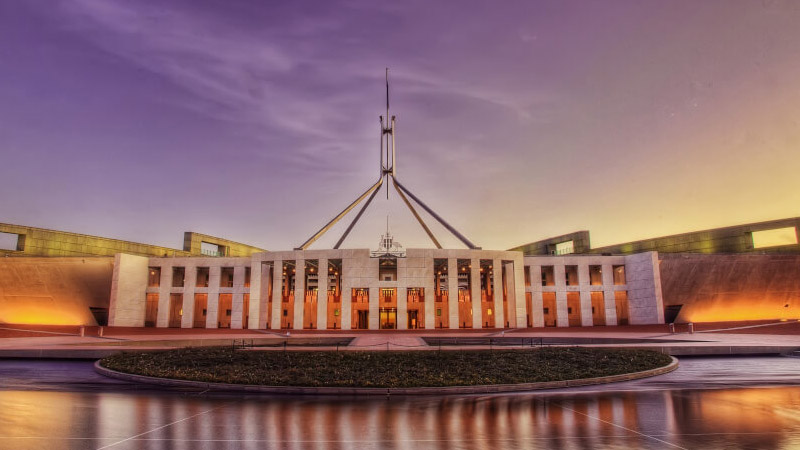Bring-forward measures unlikely to be passed this year
With only eight parliamentary sitting days remaining this year, the bring-forward measures may not be passed until at least February, with a further 60,000 Australians likely to miss out on using the proposed rules.
In an online article, SuperConcepts said while Treasury Laws Amendment (More Flexible Superannuation) Bill 2020 was meant to take effect from 1 July this year, Australians aged between 65 and 67 are still in limbo about accessing the bring-forward rules for non-concessional contributions with the bill still stalled in Parliament.
The measures will extend the use of the bring-forward rules from age 65 to 67, enabling Australians aged up to 67 to trigger bring-forward non-concessional contribution payments.
After the bill cleared the House of Representatives, the bill was introduced to the Senate on 31 August, at which point Pauline Hanson’s One Nation party put forward three proposed amendments.
“While the legislation is expected to be passed even with these amendments, it has fallen down the list as federal budget measures become the priority,” SuperConcepts said.
With only eight days remaining for Parliament to sit in 2020, the SMSF services provider said it is unlikely there will be a resolution this year.
“The two-thirds cut-off date is set for December 3, which means that only bills that have been introduced in the previous period of sittings will be considered. This move is to stop a late end-of-sittings rush of legislation,” it explained.
“The problem with the Treasury Laws Amendment (More Flexible Superannuation) Bill 2020 is that once the One Nation amendments have been made, the bill will need to return to the House of Representatives before making its way back to the Senate. With precious few days remaining before the two-thirds cut-off, it opens up the likelihood that it won’t be looked at again in 2020.”
While the next sitting date for the resumption of Parliament in 2021 has not been announced, SuperConcepts pointed out that this does not traditionally occur until February.
“[This] means we could be looking at another three months minimum before this legislation is addressed,” it said.
“By that time, another 60,000-odd Australians will have turned 67 and missed out, bringing the total since declared start date of 1 July 2020 to nearly 150,000 people.”

Miranda Brownlee
Miranda Brownlee is the deputy editor of SMSF Adviser, which is the leading source of news, strategy and educational content for professionals working in the SMSF sector.
Since joining the team in 2014, Miranda has been responsible for breaking some of the biggest superannuation stories in Australia, and has reported extensively on technical strategy and legislative updates.
Miranda also has broad business and financial services reporting experience, having written for titles including Investor Daily, ifa and Accountants Daily.








